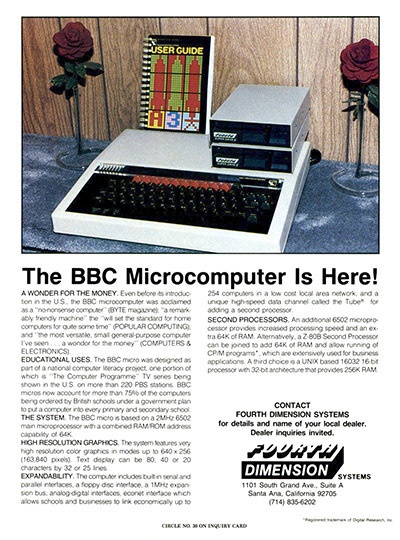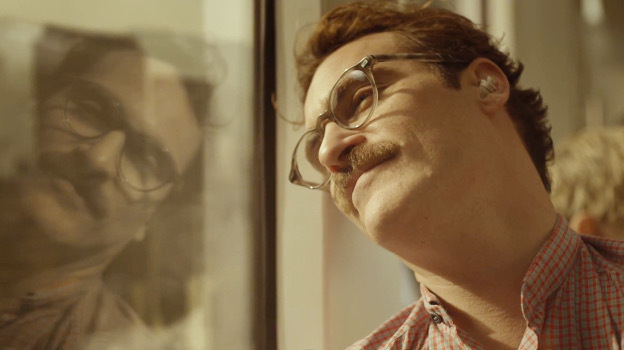classroom technology
Teacher-Facilitators
The Deconstruction of the K-12 Teacher, by Michael Godsy at The Atlantic (2015):
There is a profound difference between a local expert teacher using the Internet and all its resources to supplement and improve his or her lessons, and a teacher facilitating the educational plans of massive organizations.
The article makes some interesting points, and it applies beyond K-12 also. The name of the article in the title bar is "When the Computer Takes Over for the Teacher," which seems a better fit for the story. It's also not just about computers, but a fundamental shift in the way information is created and shared.
(Revised and republished April 12th, 2025)
Creating Digital Professionals
BBC gives children mini-computers in Make it Digital scheme, by Jane Wakefield at BBC News, 2015:
The initiative is part of a wider push to increase digital skills among young people and help to fill the digital skills gap. The UK is facing a significant skills shortage, with 1.4 million "digital professionals" estimated to be needed over the next five years.
Interesting controversy too:
The BBC Micro, launched in the 1980s, played a big role in making computing mainstream but it was not without controversy. The broadcaster's decision to link up with Acorn Computers angered Sir Clive Sinclair as he prepared to launch a rival machine, the ZX Spectrum.
Below, a 1983 advertisement in Interface Age magazine, "The BBC Microcomputer is here!" (via Wikipedia)

(Revised and republished April 23rd, 2025)
Digital Pedagogy workshop for TAs
Ever wondered what digital pedagogy is? Want to know what it’s like to teach online?
Wonder no more.
On February 19th, 2014, join us for an introductory session on digital pedagogy.
We will introduce you to the LMS (Learning Management System) Canvas, and we'll show you some of the applications that make online teaching as good (and sometimes better) than face–2-face teaching. We’ll also discuss some of the best practices for online education in the physical classroom and in the virtual one.
Location: UC Riverside, Surge 170
Date and time: Wednesday February 19th, 2014. 4–6PM
This is the first of hopefully many sessions aimed at training graduate students (and anyone else) in digital pedagogies.
(Revised and republished April 19th, 2025)
Event Archive: Rethinking Debates on Digital Learning . 12 Feb 2014
My post at Critical Digital Humanities on a recent talk:
CDH Event Archive: Rethinking Debates on Digital Learning
Yesterday CDH sponsored a talk by Professor Juliette Levy of the Department of History at UC Riverside. In her discussion, Professor Levy described her own evolution toward using digital technology in order to broaden the learning experience for her students.
Professor Levy’s talk began with a common experience many in academia have shared — traditional methods of teaching are not being adapted to the changing needs of students in our modern world.
The RSA talk by Sir Ken Robinson, which was turned into an animated video, was central to describing this need for change. There is a great chasm between the needs of students and the pace of innovation within the classroom.
→ read more at the original post
(Revised and republished April 19th, 2025)
Notes on Virtual Lectures
The virtual lecture that Professor Levy gave to her CHASS F1RST class on Monday went very well. This was the first time we attempted to produce a virtual lecture, and I’ve compiled some notes on the process and our experience.
1. The setup will take 5–10 minutes.
Professor Levy and I had both done Google Hangouts before, but never for such a large audience. Just connecting the laptop to the projector can take a minute or two, and then there’s the webcam, and the initiation of the Google Hangout. In order to keep students engaged during all this, I played the “#Hashtag” video with Jimmy Fallon and Justin Timberlake. The idea here was to inject a little humor, and also consider digital technology as a theme for the lecture. After the video, Judy (the TA), addressed the class and let them know about the video conferencing aspect via Google Hangouts.
Virtual Lectures and the Digital Classroom
This winter quarter I am a research assistant working on digital pedagogy and instruction at UC Riverside for Professor Juliette Levy. The class consists of about 60 students, and it’s a CHASS F1RST Humanities Course (Wayback Machine link) covering the history of Latin America. Even though this is a regular in-class course, we’re using a variety of digital tools to help broaden the learning experience. These tools, which are helpful for managing the class itself and also creating real interaction between students, include:
